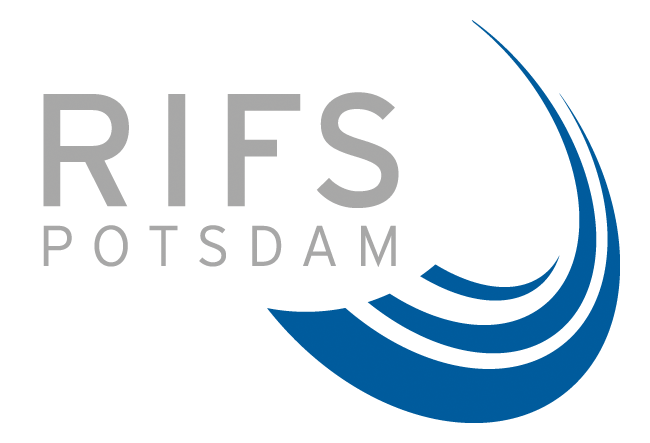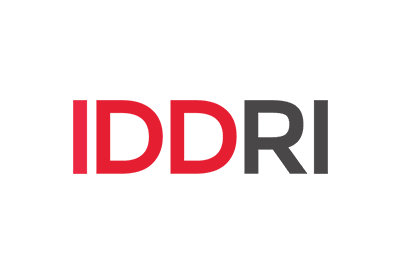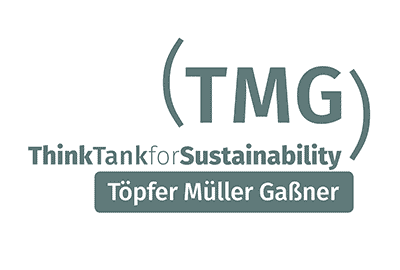The STRONG High Seas project has just published a new report (English/Spanish) on the options for strengthening monitoring, control and surveillance (MCS) of human activities in the Southeast Pacific. This report explores how the United Nations negotiations on an internationally legally binding instrument for the conservation and sustainable use of the biological diversity of marine areas beyond national jurisdiction (BBNJ), but also existing frameworks provide a unique opportunity to strengthen international MCS provisions. Moreover, the report offers recommendations to the Member States of the Permanent Commission for the South Pacific (CPPS) with a view to supporting decisions on how MCS can be strengthened in the region.
The report provides three concrete proposals to strengthen MCS in the Southeast Pacific:
- Improve communication, cooperation and coordination on MCS within and between CPPS States, as well as between regional and sectoral bodies.
- Establish an effective joint data-based MCS strategy which includes a region-al information exchange platform and capacity-building workshops for decision-makers as well as compliance officers on the ground.
- Ensure an appropriate penalty system is in place, including: effective sanctions; prompt intervention when suspected illegal activities occur; and a requirement to develop a MCS strategy when designating an area-based management tool including marine protected areas.




